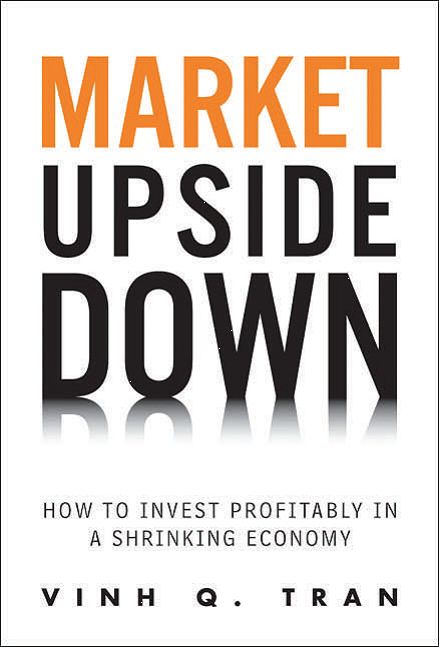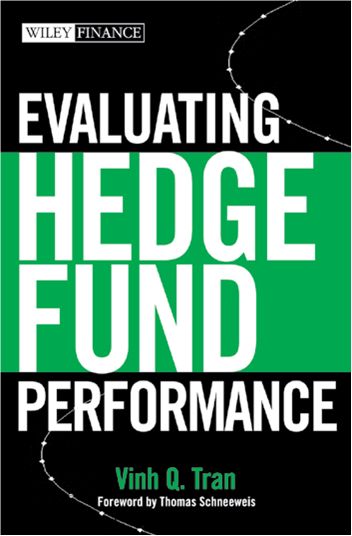February 24 -- Last week the Fed presented financial markets with presumably a surprise move: it hiked the discount rate by 25 basis points to 0.75%. As explained in its press release, the action was “…intended as a further normalization of the Federal Reserve's lending facilities... not expected to lead to tighter financial conditions for households and businesses and do[es] not signal any change in the outlook for the economy or for monetary policy.” Nevertheless, bond prices fell and stocks sold off, similar to the global markets’ reaction to the action of the People’s Bank of China to tighten bank reserve requirements on the eve of the Chinese New Year.
That the markets’ subsequently recovered points to the predicament that world central banks are facing. Their wish to maintain credibility as inflation fighters, as well as, in China’s case, to prevent another bubble in the real estate sector, collides with the realities of the need for continued economic growth. As suggested by Roubini Global Economics, China has not restricted liquidity significantly, nor laid out a clear strategy to exit from the unusually easy monetary regime during the global crisis. Credit tightening is expected to be moderate, as the targeted bank lending of CNY7.5 trillion for 2010 is likely to be exceeded. The real estate sector may cool off, but prices are unlikely to collapse. Any aggressive tightening must square off the government’s desire to maintain the “active” fiscal policies and “moderately (!) loose” monetary posture in place since the end of 2008. In the meantime, exporters are adamantly opposed to significant appreciation of the Yuan, which has risen against the euro by virtue of its pegging to the dollar.
In Europe, the fiscal messes of the PIGS (Portugal, Italy, Greece, and Spain) are hardly conducive to any monetary tightening, at least until there are clear signs of an economic upsurge. On this front, the news from Germany and other countries is not yet an occasion for celebration; the drop, for the first time in 10 months, in German business confidence in February raised anew concerns about Europe’s largest economy.
In the United States, the fall of consumer confidence in February to the lowest level in 10 months, as the index of current conditions reached the lowest level in 27 years, only underlined the weakened state of consumer spending and the overloaded household balance sheets. It is thus no surprise that in today’s testimony to the Congress, Fed Chairman Ben Bernanke, citing the weak job market and low inflation, reiterated that the extraordinarily low interest rates would be in place for a long time.
Weak economic growth combined with rising debt to unsustainable record levels is a recipe for economic calamities.
However, neither the United States nor European governments appear to have effective policies for an exit strategy.


